
in this issue
general news
Welcome to the April issue of Bluelines!
Happy National Library Week! We’re celebrating with up to 50% off books that are perfect for public libraries. Keep an eye on our sales page for current sales and specials. Or, better yet, subscribe to our emails so you don’t miss out on special offers.
We’re excited to return to the in-person meeting of the Society of Architectural Historians at the end of this month! Stop by our booth at the conference, and follow us on social media to learn about in-person and virtual conference discounts.
The Press is still taking precautions related to Covid 19, so your orders and responses to inquiries might take longer than normal. Learn more here.
Enjoy!
new & noteworthy
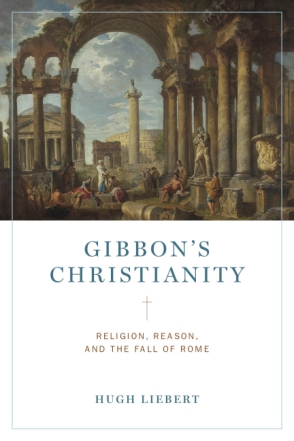 Gibbon’s Christianity
Gibbon’s Christianity
Religion, Reason, and the Fall of Rome
Hugh Liebert
“Liebert has made extensive use of the most recent scholarship, and his study broadens the context for understanding Gibbon’s words by discussing in detail the kinds of narratives of conversion that were familiar to Gibbon and in light of which he shaped his own distinctive story. One of the most striking features of Gibbon’s Christianity is that it re-creates the genealogy of Gibbon’s evolution in telling his own story and that of Rome. The connection of the two, as shown here in detail, is an outstanding advance in the scholarship on the author and his great work.”—Ralph Lerner, author of Naïve Readings: Reveilles Political and Philosophic
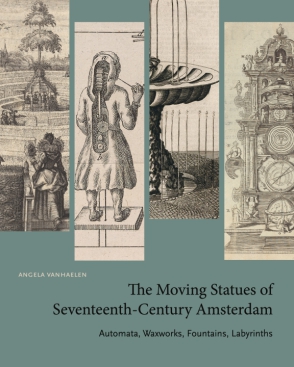 The Moving Statues of Seventeenth-Century Amsterdam
The Moving Statues of Seventeenth-Century Amsterdam
Automata, Waxworks, Fountains, Labyrinths
Angela Vanhaelen
“The Moving Statues of Seventeenth-Century Amsterdam is an entirely original study of Amsterdam’s pleasure palaces, or doolhoven, and a fascinating read that delights and instructs in a manner akin to the spaces it deftly analyzes. Vanhaelen’s text considers courtyard fountains, labyrinths, automata, waxworks, and clockworks, moving beyond standard descriptions of wonder to reflect on the nature of the city, the body, and knowledge itself in the early modern period.”—Stephanie Porras, author of Pieter Bruegel’s Historical Imagination
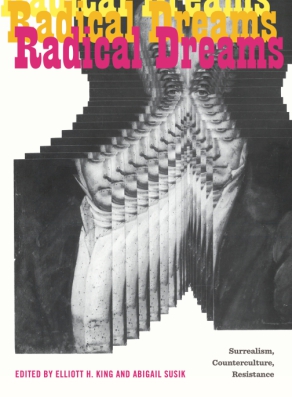 Radical Dreams
Radical Dreams
Surrealism, Counterculture, Resistance
Edited by Elliott H. King and Abigail Susik
“Radical Dreams reignites Surrealism’s revolutionary appeal from the 1960s and 1970s and rewrites an often forgotten chapter of the movement.”—Stephanie D’Alessandro, Leonard A. Lauder Curator of Modern Art, The Metropolitan Museum of Art
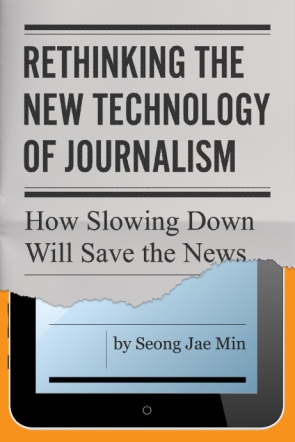 Rethinking the New Technology of Journalism
Rethinking the New Technology of Journalism
How Slowing Down Will Save the News
Seong Jae Min
“A highly readable journey through a history of technological innovations and journalism that argues against investing in the “new” for its own sake. A fascinating development in the scholarship around slow journalism.”—Megan Le Masurier, editor of Slow Journalism
subject/series highlight
Read a Q&A with S. Scott Rohrer, author of The Folly of Revolution, on our Tumblr.
Q: Who was Thomas Bradbury Chandler, and why is he important to U.S. history?
A: Chandler (1726–1790) was an Anglican minister from New Jersey and one of the most important critics of the revolutionary movement. He first gained notoriety in the 1760s when he led a campaign to bring an Anglican bishop to American shores—a move that radicals opposed because they feared it would buttress the power of both the monarchy and the Church of England and thus undercut colonial autonomy. Chandler in the 1770s then became one of the most notorious pamphleteers that loyalism produced. His political tracts attacked the legitimacy of the Continental Congress and warned that independence from Britain would bring ruin to the colonies. Chandler’s importance to U.S. history is twofold. His story takes readers deep into a little understood world, where many Americans revered monarchy. Second, Chandler’s attacks on the revolutionaries were among the most penetrating in the loyalist movement. A Friendly Address to All Reasonable Americans, for instance, questioned the central premises of the revolutionary movement and argued that American liberties would be safer in the empire than out.
upcoming exhibits & events
psu press presents

Join us at 4pm on Friday, 4/8 for “Communication in the Disinformation Age” featuring authors Ashley Rose Mehlenbacher, Seong Jae Min, and Billie Murray. Register for the event here.
Watch a recording of March’s event, “Art & Radicalism” on our YouTube Channel.
Click here to learn more about PSU Press Presents.
unlocked book of the month
Each month we’re highlighting a book available through PSU Press Unlocked, an open-access initiative featuring scholarly digital books and journals in the humanities and social sciences. This month’s pick: Kimbanguism: An African Understanding of the Bible.
The largest of the African-initiated churches, Kimbanguism claims seventeen million followers worldwide. Like other such churches, it originated out of black African resistance to colonization in the early twentieth century and advocates reconstructing blackness by appropriating the parameters of Christian identity. Mokoko Gampiot provides a contextual history of the religion’s origins and development, compares Kimbanguism with other African-initiated churches and with earlier movements of political and spiritual liberation, and explores the implicit and explicit racial dynamics of Christian identity that inform church leaders and lay practitioners. He explains how Kimbanguists understand their own blackness as both a curse and a mission and how that underlying belief continuously spurs them to reinterpret the Bible through their own prisms.
new from eisenbrauns
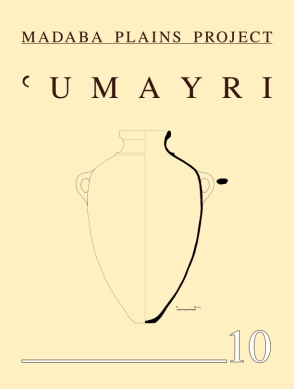 The 2006 Season at Tall al-‘Umayri and Subsequent Studies
The 2006 Season at Tall al-‘Umayri and Subsequent Studies
Edited by Larry G. Herr, Douglas R. Clark, Lawrence T. Geraty, and Monique D. Vincent
new from graphic mundi
 Hakim’s Odyssey Book 1
Hakim’s Odyssey Book 1
From Syria to Turkey
Fabien Toulmé
“[A] stupendous testimony of survival.”—starred review Booklist
| Control your subscription options |
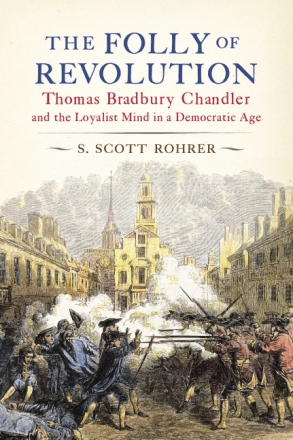
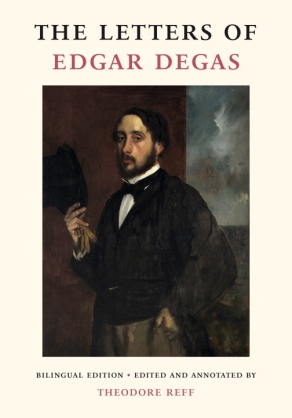

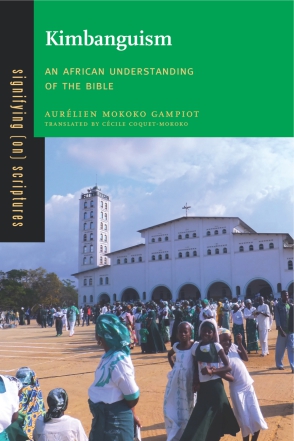

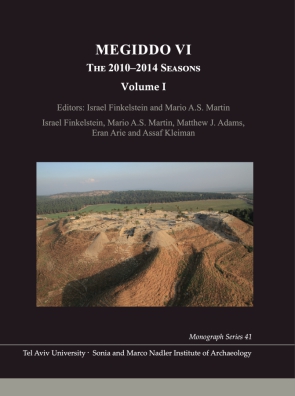 Megiddo VI
Megiddo VI
 Taking Turns
Taking Turns
